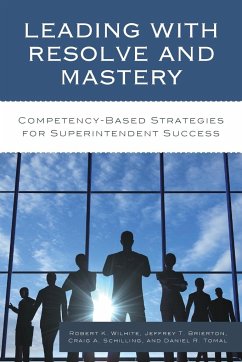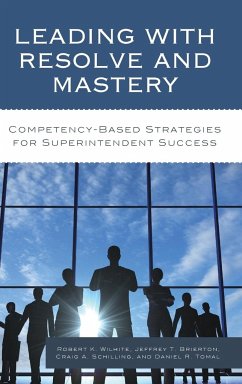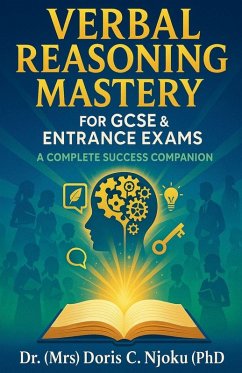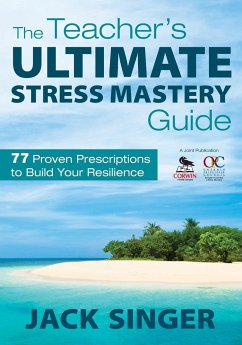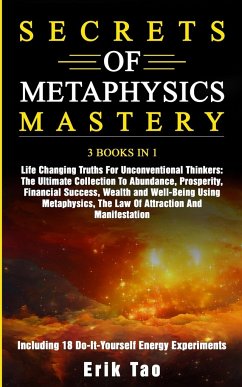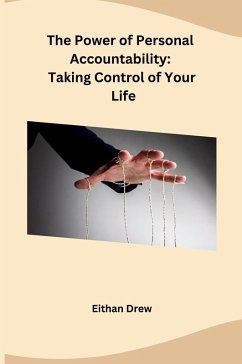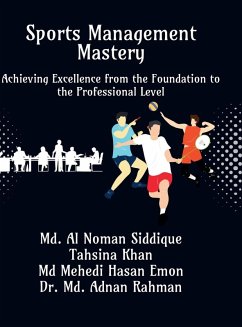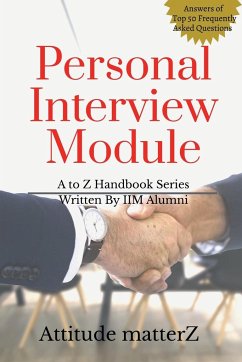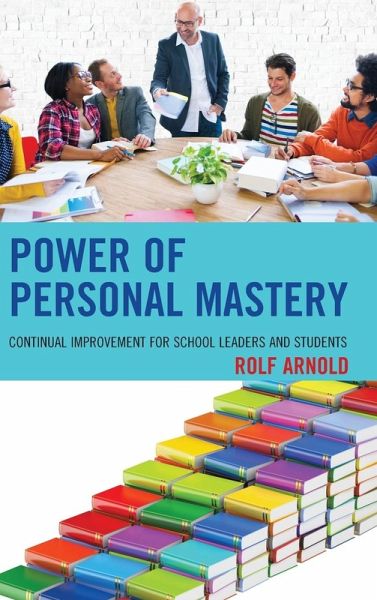
Power of Personal Mastery
Continual Improvement for School Leaders and Students
Versandkostenfrei!
Versandfertig in 1-2 Wochen
96,99 €
inkl. MwSt.
Weitere Ausgaben:

PAYBACK Punkte
48 °P sammeln!
This book presents 29 rules on personal mastery. Each rule contains a number of tools, which aim to pave the access road to your own ego and your preferred reality constructs; in a journey of continual improvement towards becoming who you could be.





